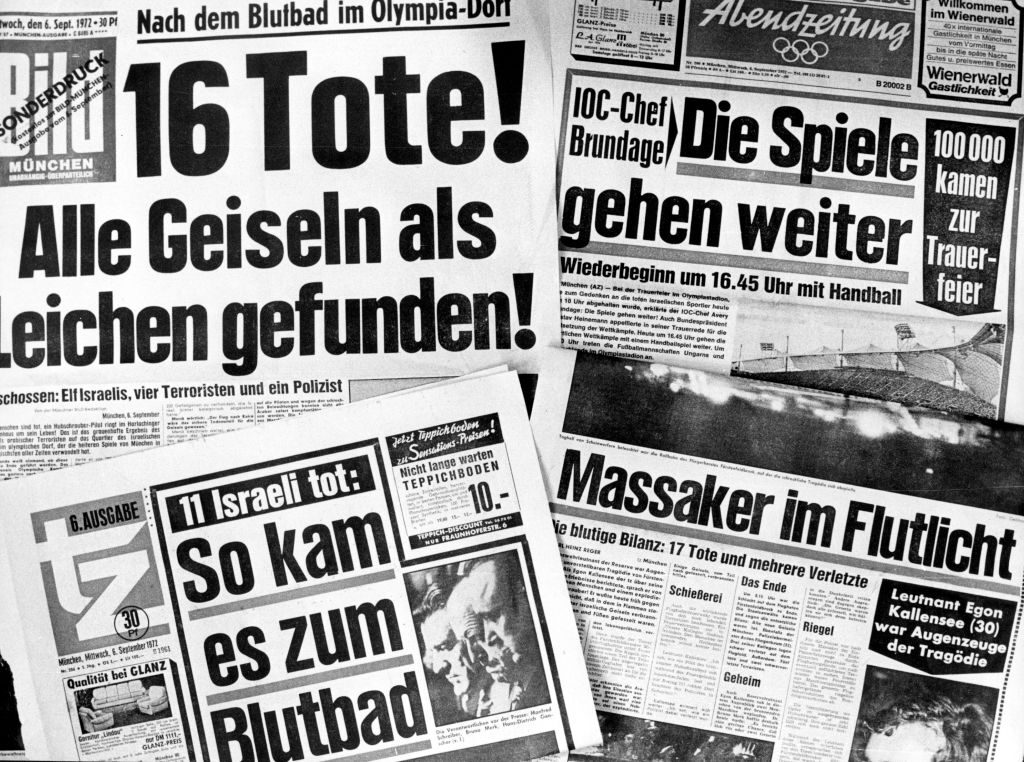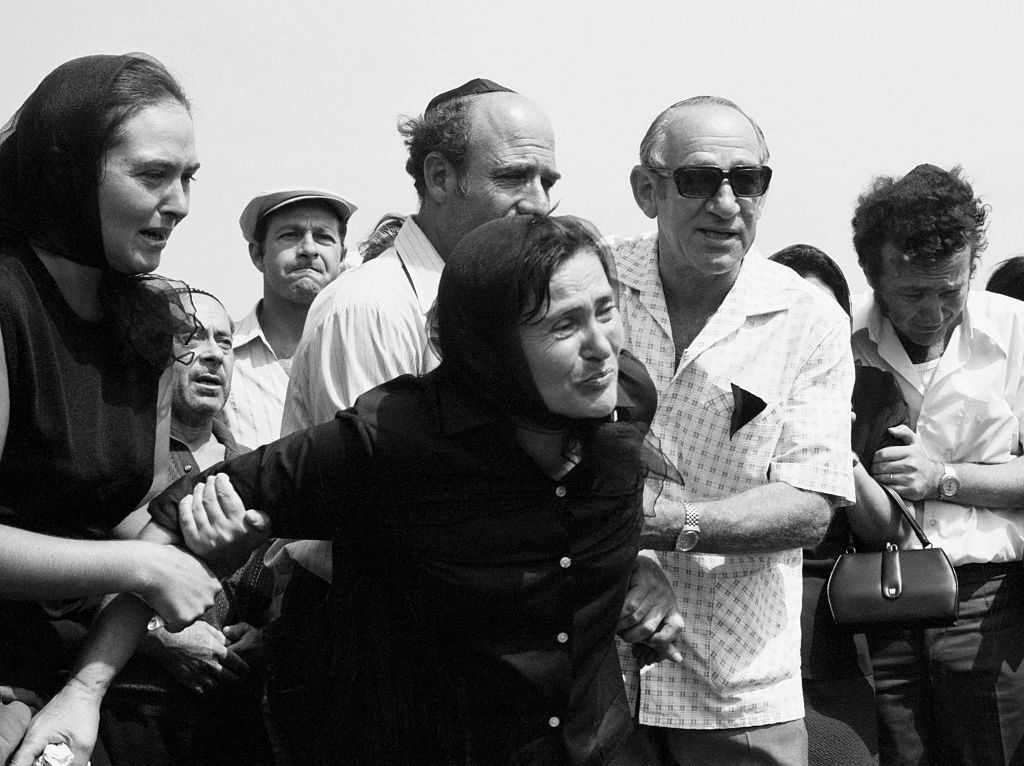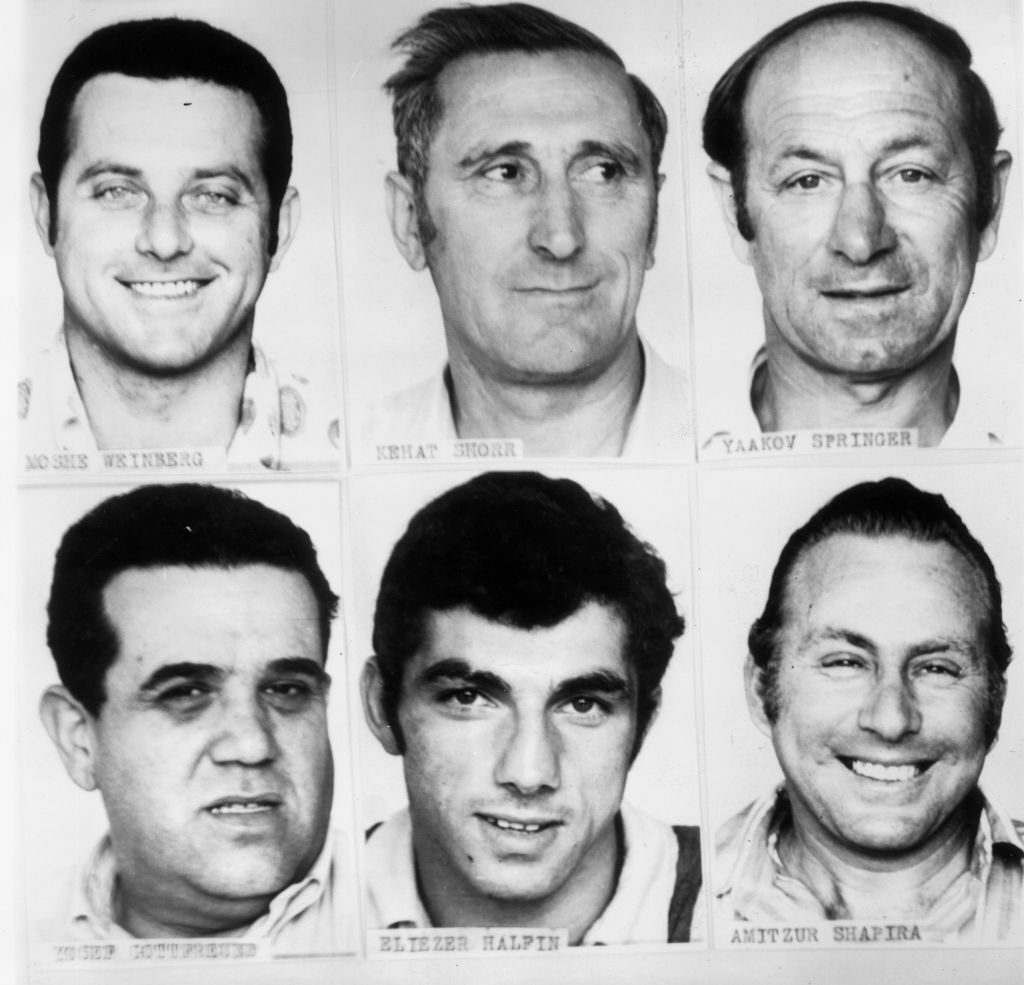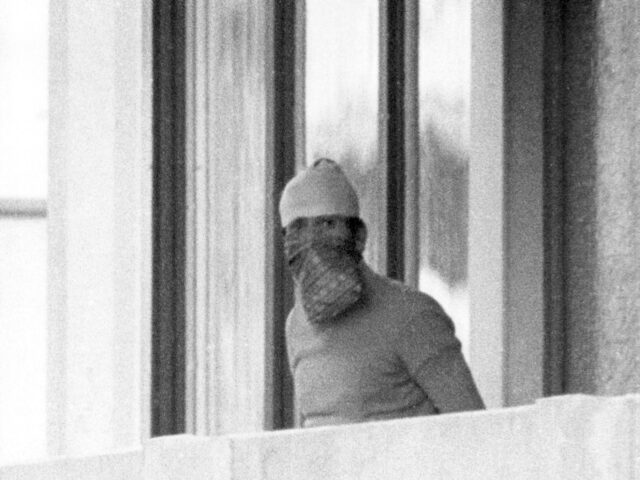BERLIN (AP) — The German government indicated Wednesday that it was willing to pay further compensation to the families of 11 Israeli athletes killed at the 1972 Summer Olympics in Munich by a Palestinian group. Family members of the athletes have criticized the proposed amount as “insulting.”
Relatives of the athletes have long criticized how German authorities handled the attack and its aftermath. Demands for further compensation have threatened to overshadow a planned memorial event for the 50th anniversary of the massacre.
Germany’s Interior Ministry said it was holding talks with the relatives and that the “serious consequences for the surviving dependents of the victims in immaterial and material terms” should be reassessed.
“An offer of further recognition payments to the surviving relatives of the victims of the attack” was planned, the ministry told German news agency dpa adding that “the memorial ceremony of the 50th anniversary should be the occasion for a clear political classification of the events of 1972.”
Members of the Palestinian group Black September broke into the Olympic Village and took athletes from Israel’s national team hostage on Sept. 5, 1972, with the goal of forcing the release of prisoners held by Israel and two left-wing extremists in West German jails.

A press review from 6 September 1972 of the terrorist attack during the Summer Olympics in Munich. (epu/dpa/picture alliance via Getty Images)

The mother of an Israeli athlete slain at the 1972 Summer Olympic Games grieves for her son at his funeral. It was the first year the modern state of Israel had sent athletes to the Olympics; but the cooperative spirit of the Games was shattered when eight Palestinian terrorists killed two members of the Israeli team and took nine athletes and coaches hostage. (David Rubinger/CORBIS/Corbis via Getty Images)
Eleven Israelis and a West German police officer died during the attack, including during a botched rescue attempt.
Immediately after the attack, Germany made payments to the relatives of the victims amounting to about 4.19 million marks (about 2 million euros or $2.09 million), according to the Interior Ministry. In 2002, the surviving relatives received another 3 million euros, dpa reported.
A claim for compensation payments amounting to around 40 million marks cited massive errors in the police operation, but it was dismissed because of the statute of limitations.
In Israel, Ilana Romano, the widow of Yossef Romano, a weightlifter who was one of the first Israelis killed, told public broadcaster Kan on Tuesday that Germany’s current reparations offer was “degrading” and the victims’ survivors rejected it.
“The offer is degrading, and we are standing by our stance that we are boycotting the (anniversary) ceremony,” she said, adding that Germany “threw us to the dogs. They mistreated us for 50 years.”
“They decided to take responsibility — very nice after 50 years,” Romano said, calling for proper compensation for the families “not pennies.”

Fle/1972: Headshots of six of the Israeli Olympic team members who were killed in the Palestinian terrorist attack at the Summer Games, Munich, Germany. L-R: (top) trainer Moshe Weinberg and officials Kehat Schur and Yakov Springer, (bottom) official Yosef Gottfreund, wrestler Eliezaar Halfen, and official Amitzur Shapira. Eleven Israelis were killed in the attack. (Agence France Presse/Getty Images)
Ankie Spitzer, the widow of Andre Spitzer, a fencing coach with the Israeli Olympic team who was killed in the attack, also rejected the sum offered by Germany.
“The sum we have been offered is insulting,” Spitzer told RedaktionsNetzwerk Deutschland newspaper group on Wednesday. “We are angry and disappointed.”
The newspaper group — citing families of the victims — reported that Germany had offered 10 million euros to the families, which would include the payments that were already made in the past.
The German government has not publicly revealed how much money it has offered.
“We never wanted to talk about money publicly,” Spitzer said, “but now we are forced to do so.”
If the current offer stands, the relatives will not come to Munich for the commemoration of the 50th anniversary of the attack in early September, Spitzer said.
Demands to release previously unpublished files on the attack were met last month, when officials in Bavaria said they would release any files under wraps in the southern German state.

COMMENTS
Please let us know if you're having issues with commenting.